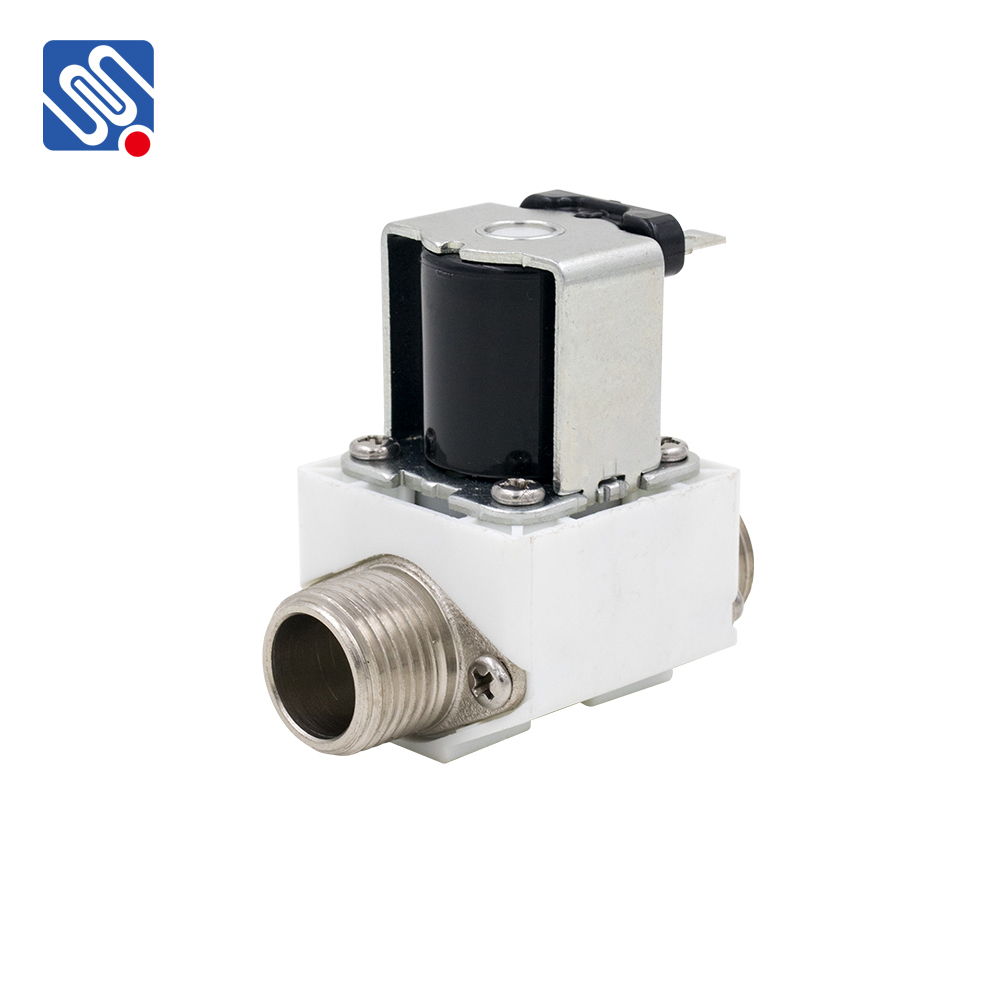understanding high flow solenoid valve: applications, features, and benefits
Release time:2025-03-25 14:33:25
A High Flow Solenoid Valve is a vital component in various fluid control systems. It is designed to regulate the flow of liquids or gases within a system by opening and closing based on the electric current it receives. These valves are highly valued for their efficiency in managing large volumes of fluid or gas in industrial and commercial applications. This article explores the features, applications, and benefits of High Flow Solenoid Valves, providing a comprehensive understanding of their importance in modern engineering.

What is a High Flow Solenoid Valve? A solenoid valve is an electromechanically operated valve that uses a solenoid (an electric coil) to control the flow of fluid or gas. When an electric current is applied to the solenoid, it creates a magnetic field that moves a plunger, which in turn opens or closes the valve. The "High Flow" aspect refers to the valve’s capability to manage larger volumes of fluid or gas than standard solenoid valves. These valves can handle higher flow rates while maintaining precision control. Key Features of High Flow Solenoid Valves High Flow Capacity: As the name suggests, High Flow Solenoid Valves are designed to handle large volumes of fluids or gases, often in industrial processes or systems requiring substantial throughput. This makes them suitable for applications in industries like water treatment, chemical processing, and HVAC systems.

